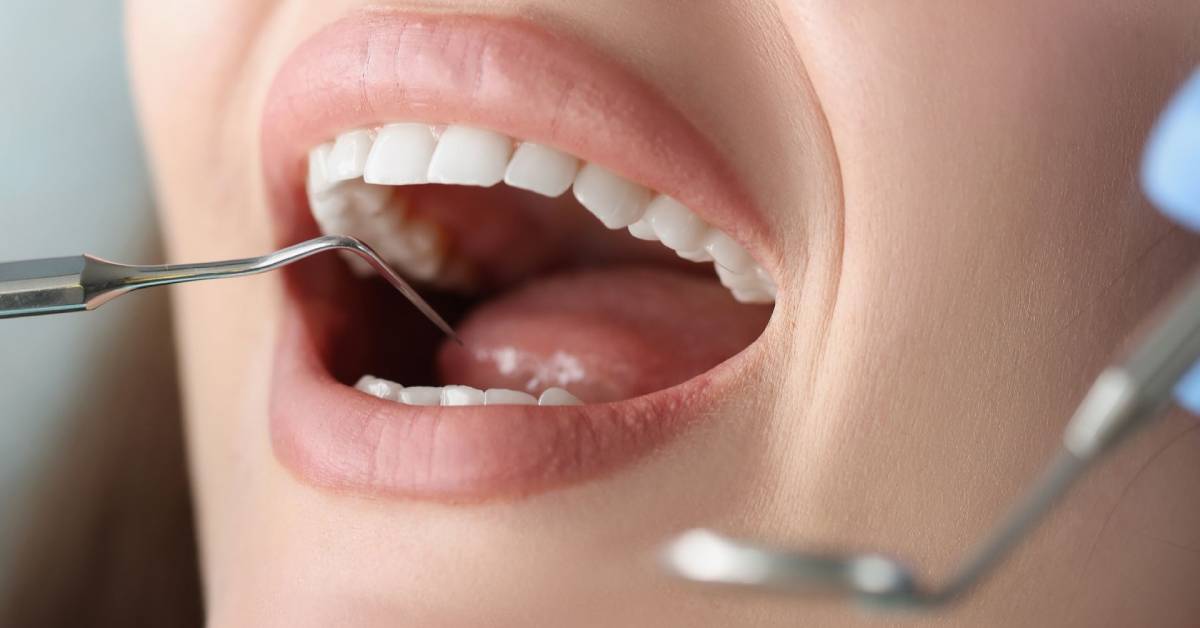
The Truth About Tooth Decay
You were probably told, once or twice in adolescence, “If you eat too many sweets, your teeth will fall out!”
So now, when you think of tooth decay, you may imagine lots of sugary food and drinks destroying your teeth…resulting in the dreaded toothache.
But what exactly is tooth decay, and will it really make your teeth fall out?
Tooth decay is the softening of your tooth enamel, or the hard protective layer over your tooth. This softening is caused by acids which are created when plaque bacteria break down sugar in your mouth.
Eating sweets is not as much of the problem as making sure you clean your teeth properly afterwards!
Prolonged Tooth Decay
The result of prolonged tooth decay is a cavity – tiny holes or openings that develop in your tooth.
Once your enamel is weakened from prolonged tooth decay, a pit or cavity is formed, either in or on the tooth’s surface. This sounds painful (and it certainly can be!), but cavities can also be painless and therefore go unnoticed, which is why it is so important to visit the dentist regularly.
Did you know that not all cavities look the same? There are actually three types of cavities:
1) Root decay
This type of decay is the most common among older adults who are prone to receding gums, with the decay developing on the surface of the roots of the affected teeth.
2) Pit and fissure decay
This occurs on the surfaces of the back teeth – the teeth you chew with.
3) Smooth surface decay
This type occurs on the exterior, flat surface of the tooth. When bacteria is not removed, the offending plaque starts to build up.
There are a few signs to watch out for to help you spot a cavity:
• Sensitivity to cold or hot temperatures
• Toothache
• Mild to sharp pain when eating or drinking
• Visible holes or pits in your teeth
• Brown, black, or white staining on any surface of a tooth
Can Cavities Go Away?
Fortunately, there are a variety of treatment options available to address the problem. Treatment is unique to each patient, usually dictated by the severity of the cavity.
The most common fix for cavities, though, is a filling. This approach fills the gap caused by the cavity. Fillings will subdue any pain you may have experienced and prevent the cavity from getting worse, thereby protecting the longevity of the tooth in question.
Combat Your Cavities
Aside from dental treatments, there are additional things you can do at home to prevent tooth decay and cavities.
Work these three simple steps into your daily oral hygiene routine today:
1) Brush for two minutes, twice daily
Make sure you take care to reach your back teeth, which can be cavity prone due to their tricky to reach location inside your mouth. By taking care to clean every surface of each tooth, you can prevent cavity formation.
2) Clean between your teeth
A toothbrush only cleans 70% of your teeth, which is why it is very important to use interdental aids, such as floss or interdental brushes…daily.
3) Use fluoride toothpaste
Brushing your teeth thoroughly, with fluoride toothpaste, is one of the most effective ways to prevent tooth decay. Look for products that contain fluoride. Our team are happy to recommend toothpastes at your next appointment.
As with any oral health problems, it’s important to book an appointment as soon as possible, rather than waiting for your regular dental check-up. The sooner one of our expert dental care team can see you for a full consultation and get started on a solution, the healthier your teeth will be.
Whatever your needs, be it tooth decay, a cavity, or a general enquiry, Esthetique Dental can devise a personalised treatment plan for you. Click here to find out more.





